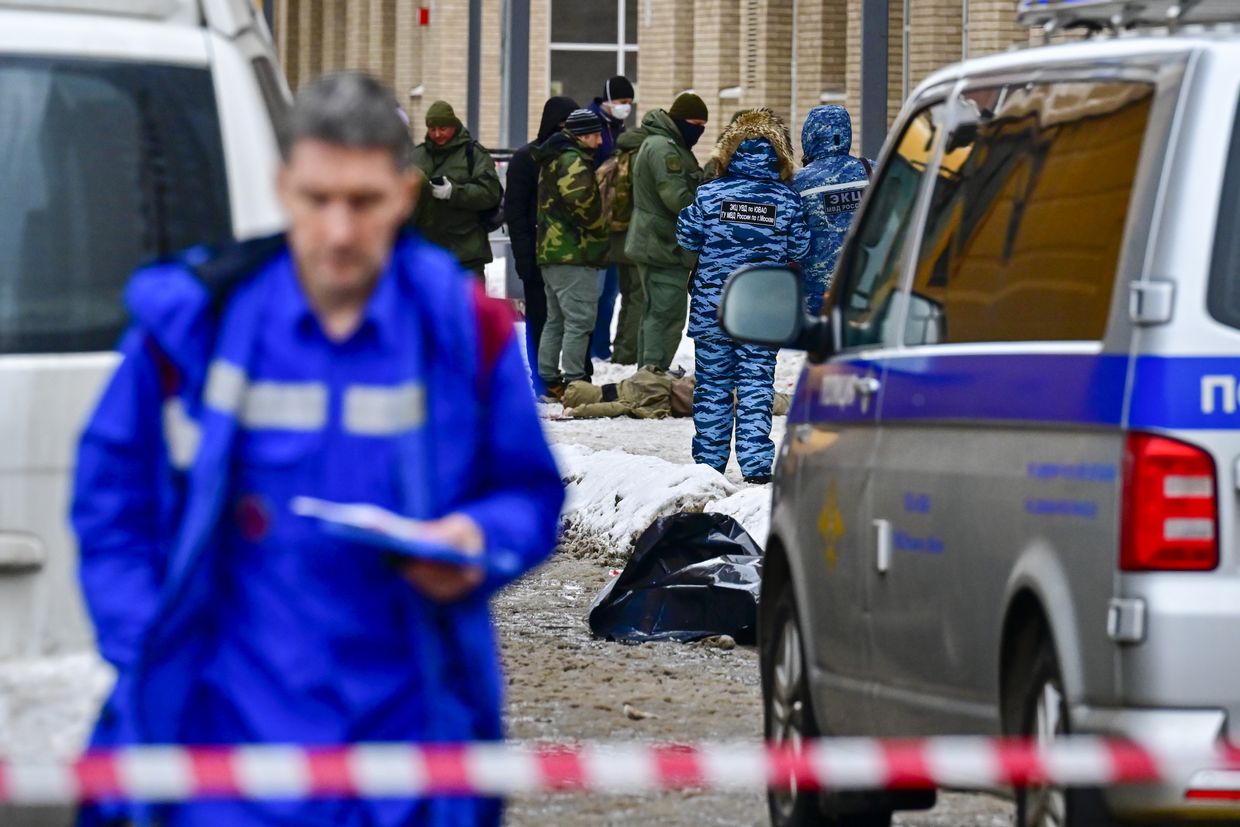Peace talks with Russia only possible when Moscow runs out of resources, Ukraine’s Yermak says

Peace talks between Kyiv and Moscow will only be possible when Russia has run out of resources to fight its full-scale war, Andriy Yermak, head of the Presidential Office, said on Dec. 17.
"I would like to emphasize once again that only the strong are helped, so we must remain strong," he told the Congress of Local and Regional Authorities in Lviv, in comments reported by Radio Free Europe/Radio Liberty (RFE/RL).
"Real negotiations for a lasting peace will begin only when the enemy no longer has the resources to continue the war," he added.
With no military plan in sight to retake lost territories, pressure is mounting on Kyiv to enter into peace negotiations with Russia.
But Yermak warned that any concessions to Russia would only allow it to replenish its army and launch a new offensive in the future.
"If Russia is not forced to make a just peace, there will be no peace. There will be a pause and Moscow will use this pause to restore forces and continue the offensive," Yermak said.
During the same event, President Volodymyr Zelensky slammed Hungarian Prime Minister Viktor Orban for negotiating with Moscow about peace over Ukraine’s head "without leverage."
Prime Minister Orban flew to Moscow in July during a so-called "peace-mission" and phoned Russian President Vladimir Putin in December.
"How will he put pressure on Putin? With a joke, a smile? Let him keep it," Zelensky said.
Slovak President Peter Pellegrini, also argued in December that achieving peace in Ukraine would likely require accepting partial territorial losses and called for the immediate start of peace negotiations.
However, some of Ukraine’s European allies rejected such ideas, with Poland’s Foreign Minister Radoslaw Sikorski earlier this month arguing that Western nations should push Russia, not Ukraine, into peace negotiations to stop the war.











